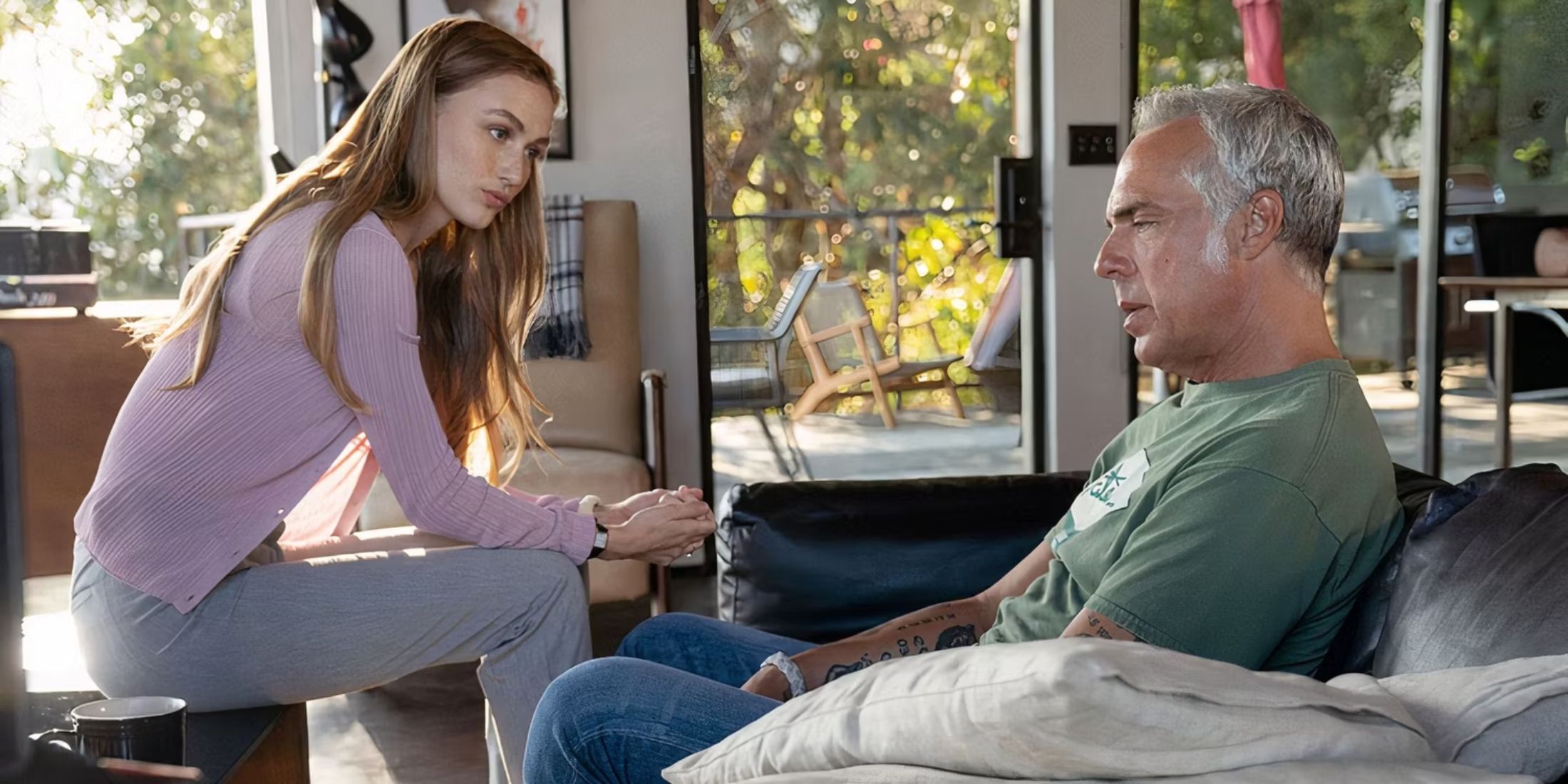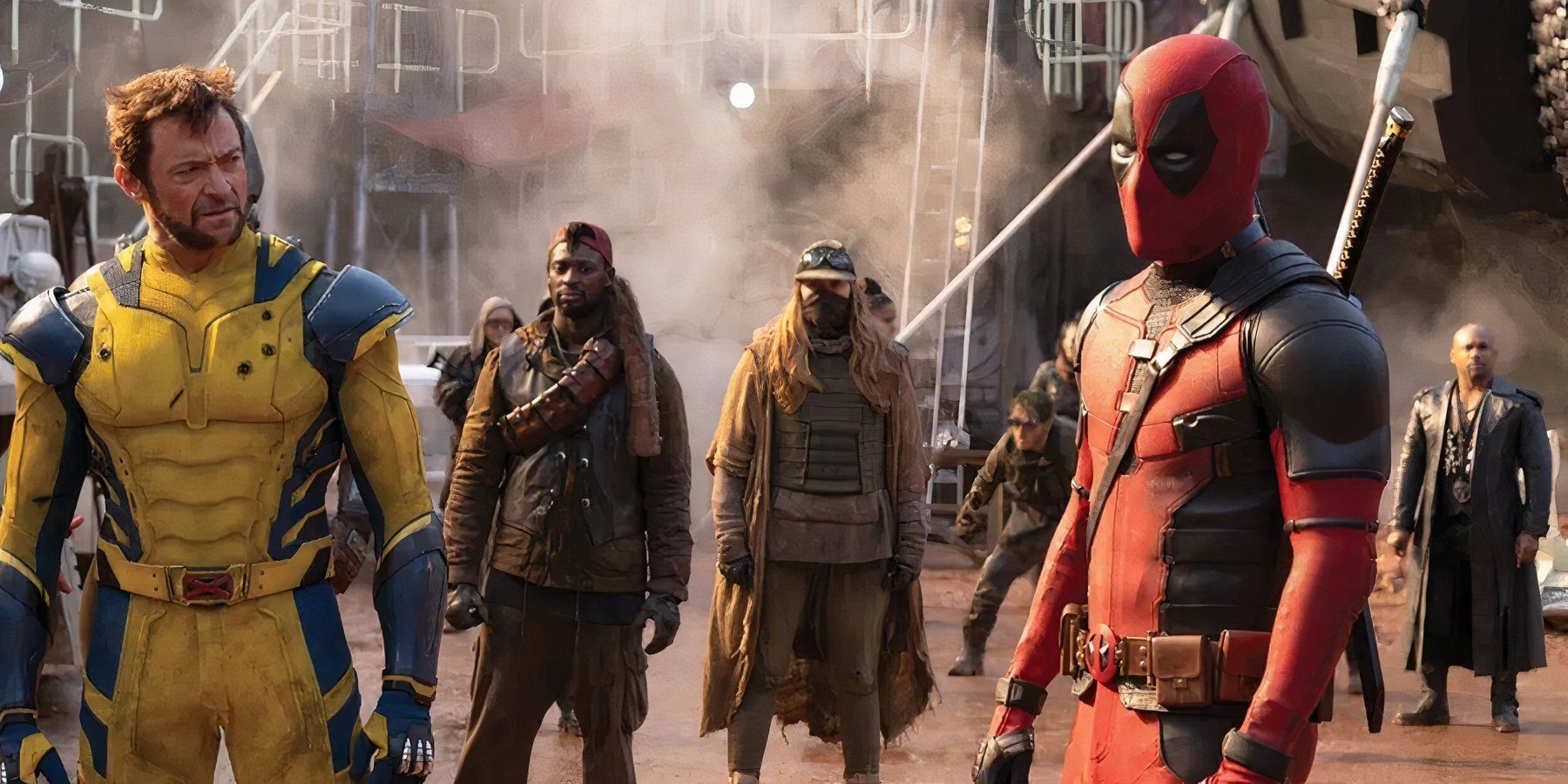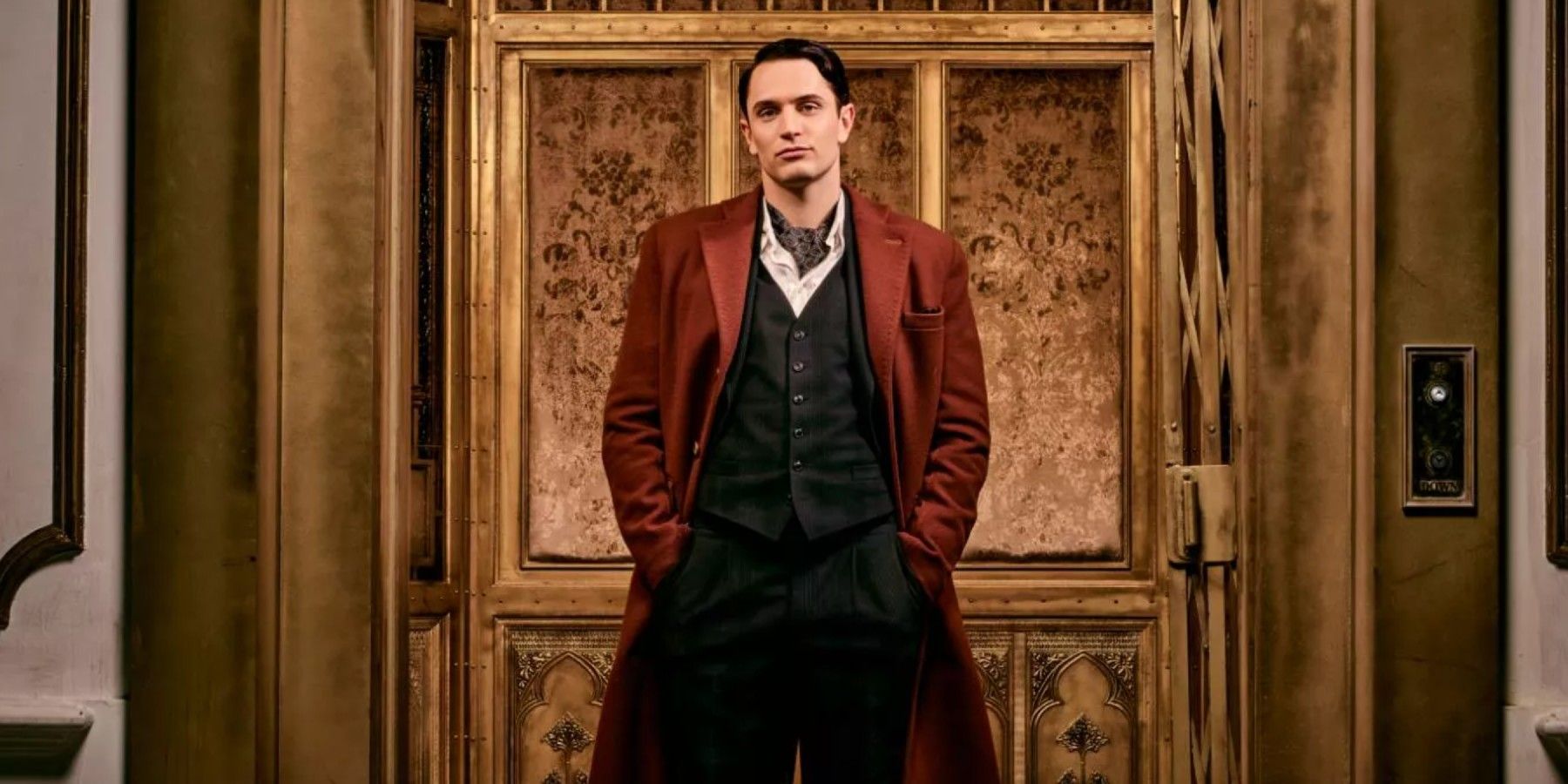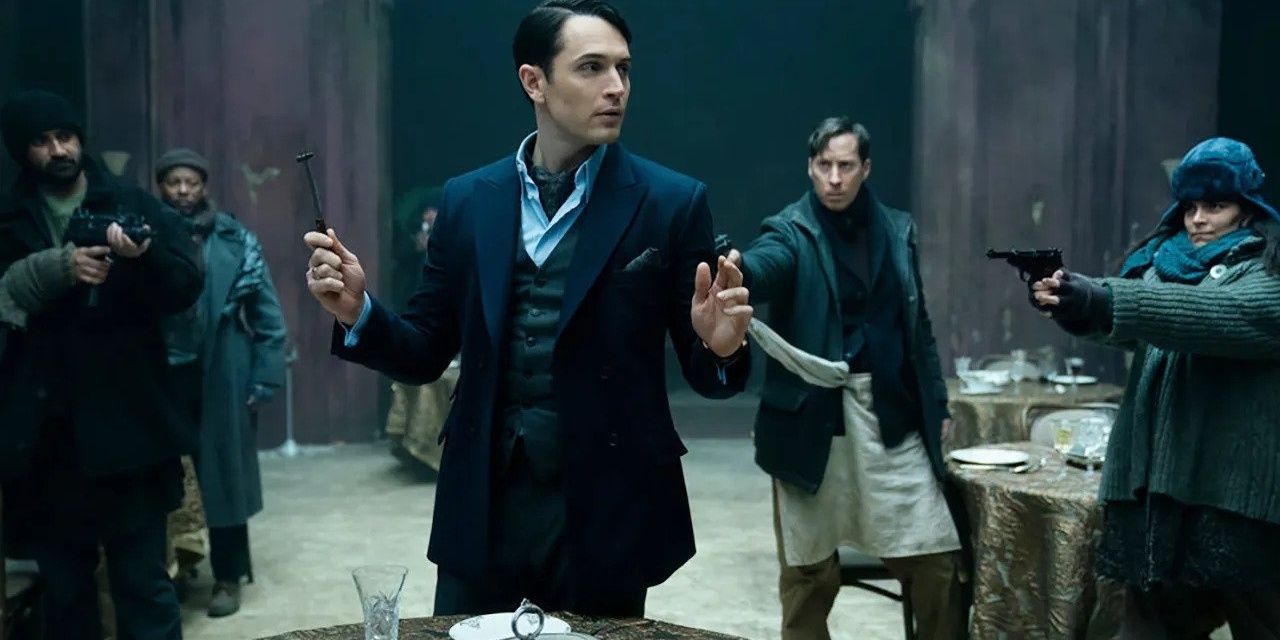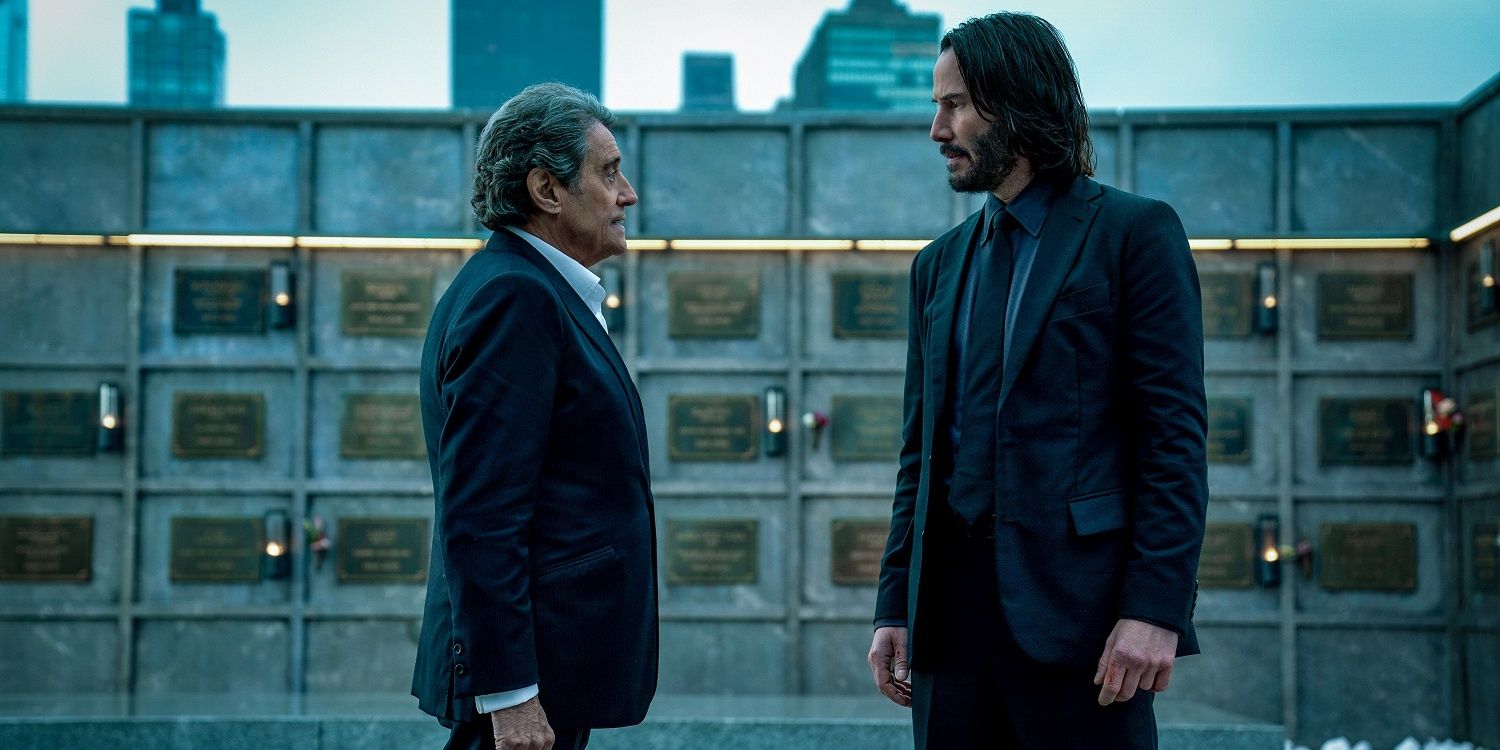Making a prequel is eternally difficult. A creator could look at a piece of art and make logical decisions about the events and occurrences that caused the events. They then must make it an engaging narrative and avoid any egregious contradictions. The hard part is accomplishing all this without making the original work worse. The Continental is engaging, and its answers aren't awful, but there was no way to provide backstory without making things worse.
John Wick is an outlier among action franchises. Rather than selling itself on an outdated star or an ages-old IP, Wicksecured four excellent films with pure audience goodwill. Derek Kolstad and Chad Stahelski created a mid-budget neo-noir action thriller, and people loved it enough to keep it coming back. The franchise revived Keanu Reeves' career. Its new expansions have a lot of room to play, but they're moving in the wrong direction.
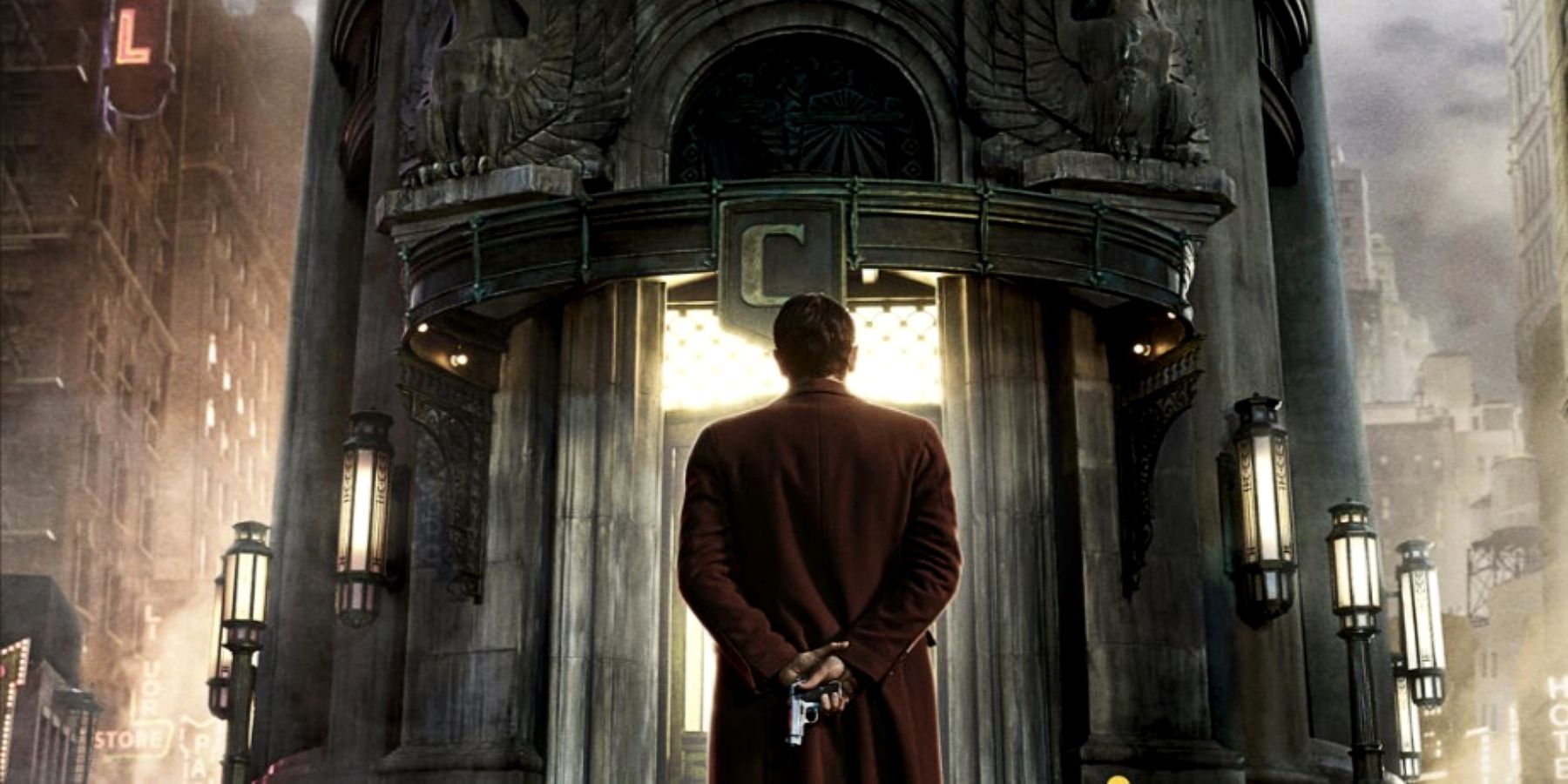
The Continental: From the World of John Wick Episode 1 Review
Winston Scott's prequel attempts the ill-advised effort of diving deeper into the past of John Wick's world.
The Continental answers questions no one asked
The Continental, recently affixed with the Pennyworth-style subtitleFrom the World of John Wick, tells the story of Winston Scott. Ian McShane portrays the character in all four films. He's one of John Wick's closest friends and a reliable ally in the battle against the High Table. Winston is the manager of the titular Continental Hotel's New York branch. The Continental covers Winston's rise to that powerful office. Colin Woodell portrays young Winston, a con artist dragged into the criminal underworld he left behind by his adoptive father. His dad, Cormac, scooped Winston and his brother Frankie off the street and taught them to be thieves. When Frankie uses his skills and natural gifts as a killer to steal a critical artifact from Cormac, everyone under the Table scrambles to get it back. It's a snarky 70s-inspired action comedy with fun set pieces and a smooth structure. It's also a John Wick prequel, even though it shouldn't be.
The story of Winston Scott works as a standalone narrative, but it's impossible to see the conflicted, vengeful, inept John Wick-like using his name as anything approaching the character. Ian McShane's Winston was effortlessly likable, impossibly self-assured, unshakably even-tempered, and almost preternaturally wise. McShane plays Winston more like a god than he did Odin in American Gods. No one on Earth asked how he became the man he is in Wick. The same applies to Lance Reddick's Charon. The tragic passing of Reddick allowed fans to gush about his excellence, but the praise was well-earned. Who needed to know why Charon works at The Continental? Does his having a generic motivation surrounding a missing father make him a better character? The narrative gives these decisions meaning, but they're forced to carry extra weight because the show is a prequel.
John Wick was better without backstory
Everyone knows how the original John Wick is structured. A seemingly typical widower receives a dog, some thugs kill her, and he sets out to avenge her. The big reveal is that he's an unstoppable, universally feared superassassin. From there, fans enjoy a slow walk into the criminal underworld John left behind. The audience sees the world through his perspective, learning everything he already knows. This format remains in place for the following two films. Fans know bits and pieces about John's life. He was born in Belarus, raised by the Ruska Roma, and valued as a hitman by the Tarasov crime family. These details generally come up in conversation with characters he shared those experiences with. Almost nothing is mentioned that isn't relevant. The Continental doesn't live by the same rules.
Much of the power of John Wick is its mythology. The world under the Table is complicated, steeped in tradition, and constricted by rules and rituals. Every new piece of information the audience learns about the High Table is another card placed upon the ever-escalating house. Four movies piled that house of cards well above anyone's expectations. The filmmakers frequently add details that were unquestionably absent to keep the narrative intriguing. The mythology isn't all planned out. It's open and modular. Why make rules when no one asks for them? The Continental is filling in blanks that were left empty for a reason.
The Continental is a decent show that wouldn't have been created without the franchise in its subtitle. The connection weakens both works. John Wick needs to move forward with future installments. There's a lot of room to expand the series beyond the life of the man it's named after. New assassins can explore different corners of the High Table. Rina Sawayama's Akira can continue the cycle of revenge into a new generation. Ballerina is set to follow a dancer who appeared in John Wick: Chapter 3 - Parabellum for approximately a minute. There are countless options for expansion and new horizons. Going back is not the right choice. The Continental is more fun if its audience tries to forget what it's connected to.

